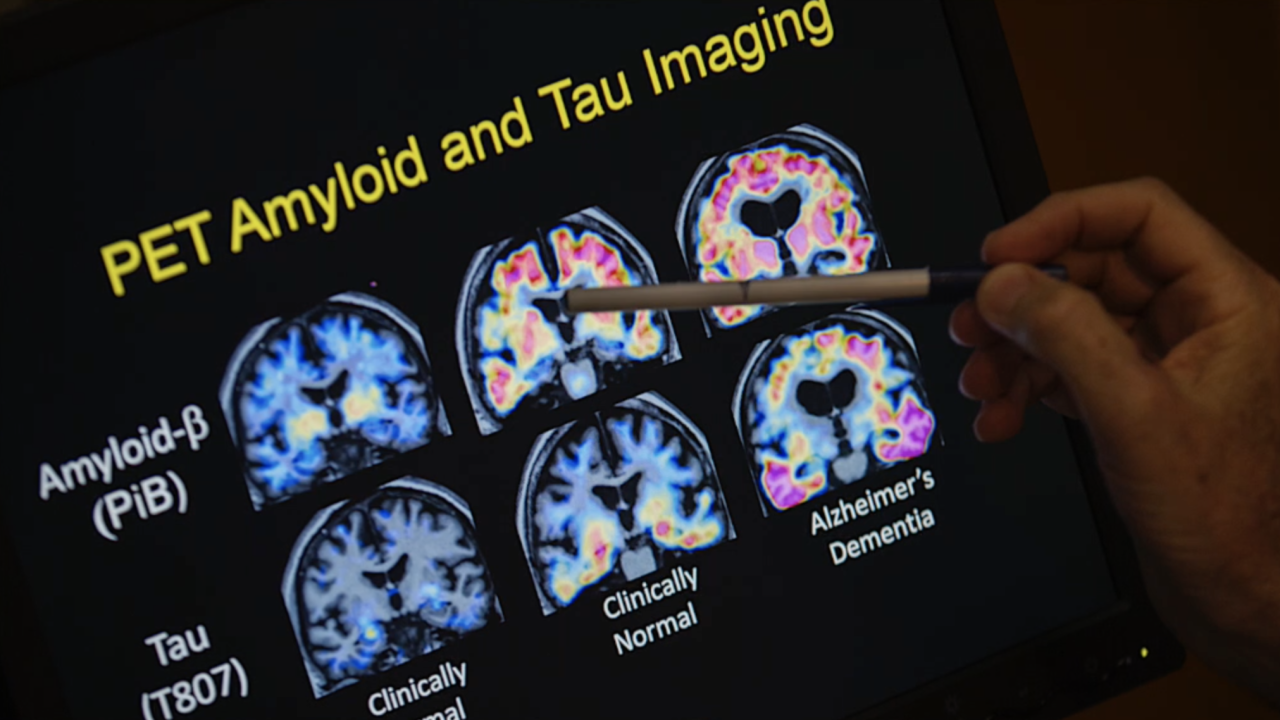Researchers are learning more about the impacts of severe COVID-19.
A study in the journal of the Alzheimer’s Association suggests the brains of several patients who died from COVID-19 displayed some of the same molecular changes found in the brains of those with Alzheimer’s disease.
“There were some changes, some inflammatory changes that were consistent with Alzheimer’s disease,” said Dr. Amesh Adalja, who is an infectious disease physician and senior scholar with the Johns Hopkins Center for Health Security.
Dr. Adalja says Alzheimer's is somewhat influenced by inflammatory conditions, and COVID 19, like many other conditions, can cause inflammation. That inflammation can affect the brain.
“In certain individuals, COVID-19 sets off an inflammatory reaction in some of those inflammatory cells, some of those inflammatory molecules can make their way into the central nervous system where the brain is, and that can alter the way people's mind functions," Dr. Adalja said. "And it's still very early, so it's hard to know exactly what happens, who is at risk for this, how severe this could be. But in general, neuroinflammation is something that can occur with COVID-19 and can be responsible for some of the altered mentation, the brain fog that they may have.“
Dr. Heather Snyder, vice president of Medical & Scientific Relations at the Alzheimer’s Association, says the brain and Alzheimer’s are very complex.
“We see changes in the immune system throughout that progression," Snyder said. "We see changes in how the brain is metabolizing or making or using energy. We see changes in how the brain cells are talking to one another.”
According to Snyder, researchers in the study found changes in individuals that are experiencing memory issues from COVID-19 that are similar to certain parts of the biology that have been documented in patients with Alzheimer’s.
“But exactly why some individuals that experience COVID-19 go on to have those memory changes, we don't yet understand,” Snyder said.
“Whether or not those changes are Alzheimer's precursors, I think there's not enough data to be able to say that in taking that study, which was on deceased people,” Dr. Adalja said.
The findings could increase knowledge regarding the biological changes in long-term COVID sufferers with memory problems, but more research needs to be done.





